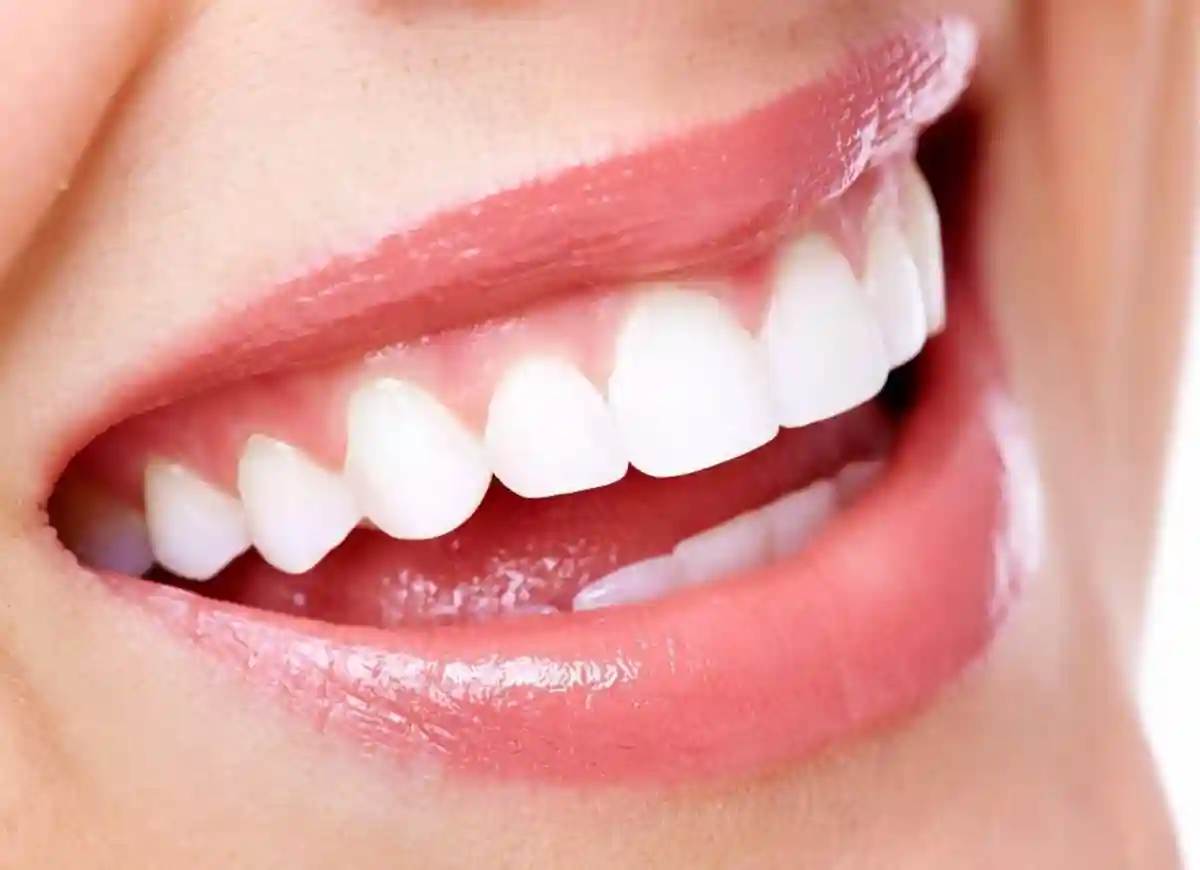The most famous characteristic of the life of Prophet Muhammad (SWS) was his calm, cheerful disposition, for which he was known for his smile. The Prophet was said to have stated within one of his Hadiths.
“Smiling in your brother’s face is an act of charity” (At-Tirmidhi declared authentic By Al-Albani). Jami` at-Tirmidhi, Vol. 4, Book 1, Hadith 1956
Dental technology has now made repairing teeth a reasonably simple task. When you get a cavity, you go to the dentist, and it’s repaired. The tooth is broken and is easily repaired.
However, teeth problems can go beyond what your dentist can provide for you since they provide more information about your overall health.
For instance, research has demonstrated that the likelihood of heart disease increases with the number of teeth lost. The reason is that researchers believe that some sufferers develop heart diseases not due to the arteries being blocked and inflammation but rather due to it.
It is here that your teeth or, most importantly, where your gums enter. Gum disease, which dentists refer to as “periodontal disease”, raises your risk of suffering from the heart condition by as much as 19 per cent. The risk of developing heart disease increases with age. When you reach age 65, your risk increases to 44 per cent. (Sok-Ja et al.)
What Teeth Tell Us
When buying an animal, there’s an old saying: “Always check the teeth.” Teeth can reveal a lot about the general health of a horse and humans. Food insufficiencies, digestive problems and weak immune systems appear on our gums and teeth.
Certain people are more immune-compliant. The work of dental surgeon Weston A. Price during the 30s showed that many traditional societies didn’t suffer from cavities, did not require braces and enjoyed good oral health. He discovered through his travels and research that food had an essential impact on oral health.
When these societies shifted away from their usual diets and began eating more Western-type diets, They were more susceptible to a poor oral health condition and degenerative illnesses. (Price)
Every day, we rebuild our bodies by eating the foods we consume. If we’re not consuming the right nutrients in the proper quantities, it can eventually weaken the entire body system.
Women face additional challenges during pregnancy and nursing. If a woman doesn’t have enough nutritional supplements during pregnancy, her body releases stores from the teeth and bones. This is the reason we have the expression that women lose teeth for each child.
Also Read: Halal Mexican Food, Halal Korean Food
Heart of Matter
There are a few people who have well-known and accepted risk factors (smoking or being overweight, having high serum cholesterol and hypertension) and are prone to developing coronary artery disease. Therefore, there are other risk factors involved.
Doctor. Sebastian Ciancio, Doctor of Dental Surgery, says that certain factors such as diet and stress can cause “a hyper-inflammatory state”, and “this predisposes the individual to develop both atherosclerosis and periodontitis.”
The mouth of the human, like the rest of our body, is full of non-native organisms or “passengers”. Some are simply along to ride along, others are helping us out, while others are just a group of troublemakers. The final type is draining the immune system. If an abundance of cavities plagues us, it suggests that we have numerous infectious patients and that the oral hygiene of our patients is impaired.
What’s the issue with this? Why don’t we go to the dentist and get the problem fixed? Sure, but that is merely a cosmetic fix. It doesn’t wash out the blood currently infected by bacteria.
The blood that is infected does not remain in your mouth; it travels to the heart and then through it, with the exception of a few other organs that are infected along the way. The constant flow of bacteria-laden blood is continuously mediated through your heart and immune system.
The constant environmental exposure could trigger your immune system to begin an inflammation chain reaction. This is when the body triggers tissues and cells to be inflamed in an attempt to block the pathogen from entering.
The body performs this as a reaction to infection or injury. This is a great thing. However, if excessively used, it could cause many different problems within the body, including heart disease. It can be caused by inflammation that is caused by a bacteria-related infection that can cause the arteries to narrow.
Researchers discovered that those missing nine teeth at or below had 44 per cent plaque on their arterial walls, while those missing between 10 and 19 teeth had 61 per cent. If you’ve lost 20 teeth, the rate of plaque buildup in arteries does not rise (Gilbert).
While missing teeth are the most obvious indicator of gum health, the oral condition is more crucial. The loss of teeth could be prevented If more attention was paid to the condition of the gums.
The symptoms of gingivitis and periodontal diseases are usually visible before the discomfort from tooth decay. Sore, tender and bleeding gums are the first indicators of poor oral health.








